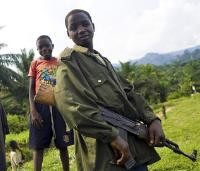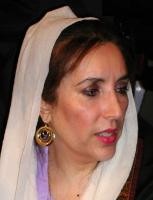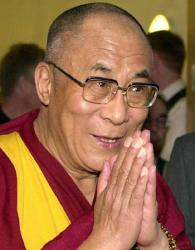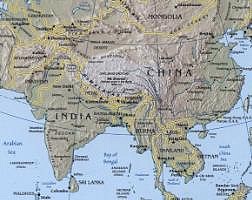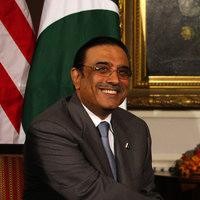
For the first time in modern history, the Chinese navy is deploying a task force on an active maritime mission beyond the Pacific Ocean that could involve combat operations. Beijing’s unprecedented decision to join the anti-piracy fleet off Somalia’s coast resulted from a pragmatic assessment of the likely net security benefits to China from the deployment. The international community, including the United States, should likewise approach the issue from a hardheaded perspective. On Dec. 26, 2008, two destroyers and a supply ship of the South China Sea Fleet departed from the Yalong Bay naval base at Sanya, on Hainan Island, […]

